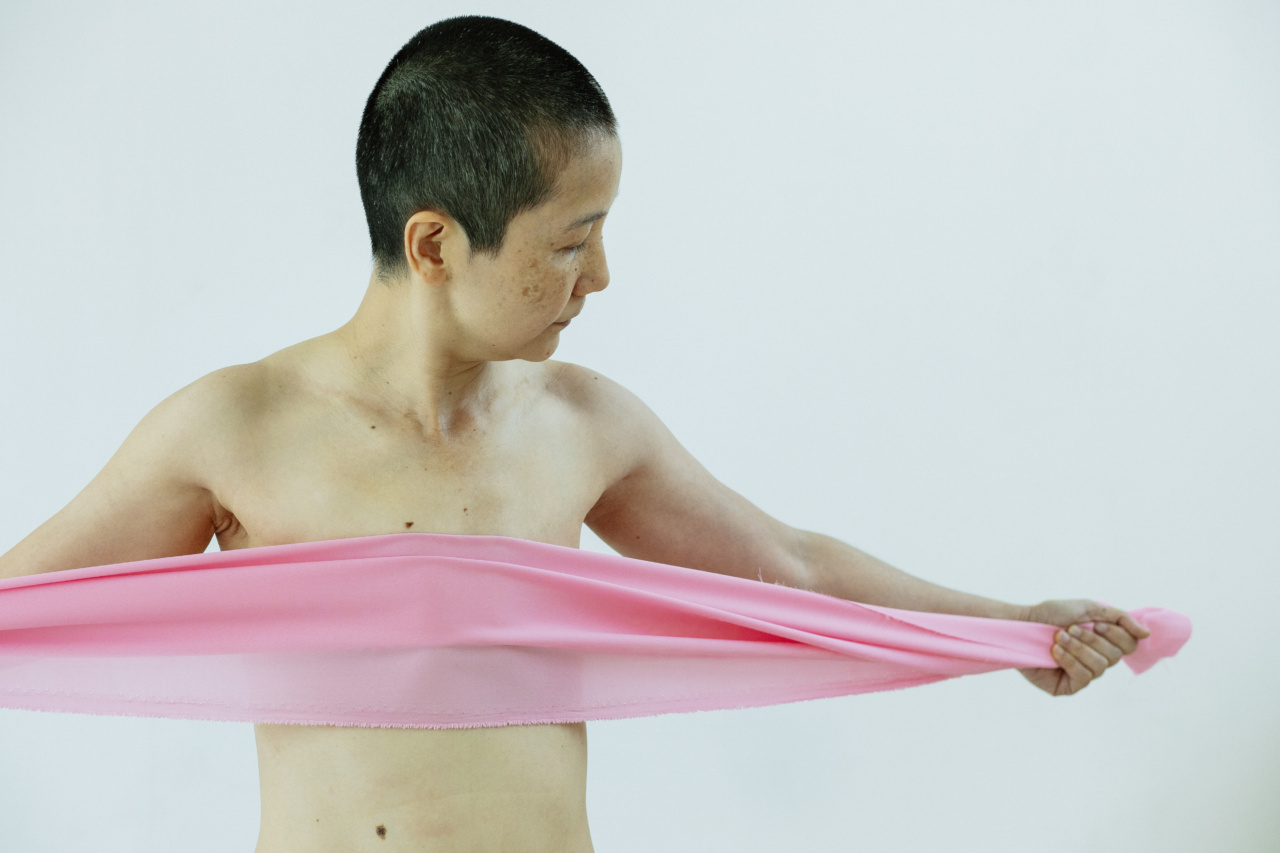When a person is diagnosed with breast cancer, it can have a significant impact on various aspects of their life, including their sex life.
The physical and emotional changes caused by the disease and its treatment can lead to challenges and concerns related to sexuality. In this article, we will explore some of the common ways breast cancer affects a person’s sex life and discuss potential strategies for managing these challenges.
Physical Changes
One of the primary ways breast cancer can affect a person’s sex life is through the physical changes it causes.
Treatments like surgery, chemotherapy, and radiation therapy can lead to various side effects, such as fatigue, pain, and reduced sexual desire.
Additionally, breast cancer itself may cause physical changes in the body. For example, some individuals may undergo breast reconstruction, which can impact body image and self-confidence.
The physical changes and scars left by surgery might also create discomfort or anxiety about sexual intimacy.
Emotional Impact
Receiving a breast cancer diagnosis and undergoing treatment can be emotionally challenging for individuals. Fear, anxiety, depression, and body image issues are common psychological reactions.
These emotions can significantly impact a person’s sex life, causing a decrease in sexual desire, difficulties with arousal, and feelings of self-consciousness.
Furthermore, many people with breast cancer may experience a decline in self-esteem and confidence. These changes can make it challenging to feel comfortable and connected in intimate situations, further impacting sexual relationships.
Communication and Intimacy
A breast cancer diagnosis often affects not only the person diagnosed but also their partner. Open and honest communication is essential during this time to address concerns and maintain intimacy within the relationship.
Partners may have questions or concerns they are hesitant to bring up, fearing they might say something wrong or hurtful.
Creating a safe space for open dialogue can help both individuals navigate their emotions and find ways to support each other through any sexual difficulties that may arise.
Managing Physical Symptoms
There are several strategies individuals can adopt to manage the physical symptoms that arise from breast cancer treatment.
For example, dealing with fatigue by planning sexual encounters during times of higher energy levels or trying different sexual positions that minimize discomfort can be helpful.
Additionally, consulting with healthcare providers about pain management options and seeking physical therapy interventions specifically targeted at sexual difficulties can improve outcomes.
Many cancer centers have supportive care services, including specialized sex therapists or sexual health clinics that can assist individuals in managing physical symptoms and restoring sexual well-being.
Addressing Emotional Concerns
Coping with emotional challenges related to breast cancer can be integral to addressing the impact on one’s sex life. Seeking professional support through therapy or counseling can be beneficial for both the individual and their partner.
A mental health professional experienced in cancer-related concerns can assist in processing emotions, managing anxiety and depression, and rebuilding self-esteem.
Individuals may also find solace in support groups where they can connect with others experiencing similar challenges.
Sharing experiences, concerns, and coping strategies can help reduce feelings of isolation and normalize the emotional impact of breast cancer on sexuality.
Exploring Alternatives
If certain physical or emotional challenges make traditional sexual intercourse difficult or uncomfortable, couples can explore alternative ways of experiencing intimacy.
This may involve focusing on non-penetrative sexual activities that still promote emotional and physical connection.
Exploring new forms of intimacy can help in maintaining a satisfying sex life, even if certain aspects of it need to be adjusted temporarily or permanently.
Being open-minded, patient, and willing to adapt can help individuals and their partners find ways to connect and experience pleasure together.
Additional Support
It is crucial to seek out additional resources and support during this challenging time.
Various organizations and online communities offer information, advice, and assistance specifically tailored to individuals and couples facing breast cancer-related sexual difficulties.
Cancer centers, nonprofit organizations, and healthcare providers can provide recommendations for reputable resources that offer support and guidance related to sexual health after breast cancer.
Utilizing these resources can help individuals and their partners feel less alone and more informed about their options.
Conclusion
Breast cancer can significantly impact an individual’s sex life due to the physical and emotional changes related to the disease and its treatment.
However, with open communication, support from healthcare providers, and exploration of alternative forms of intimacy, it is possible to maintain a satisfying and fulfilling sexual relationship.
Remember, every individual’s experience with breast cancer is unique, and what works for one person may not work for another. Patience, understanding, and empathy are key in navigating the challenges of breast cancer and its effects on sexuality.
By prioritizing open communication, seeking support, and embracing alternative approaches, it is possible to find pleasure and connection in intimate relationships once again.
























